Opening New Perspectives in Nanotechnology: Symmetry-Forbidden Interfaces, Vector Substrates and Immaculate Nanocrystals
Time:12:10, Monday, May 27, 2024
Speaker:Prof. Jochen Mannhart
Max Planck Institute for Solid State Research, Germany
Title:Opening New Perspectives in Nanotechnology: Symmetry-Forbidden Interfaces, Vector Substrates and Immaculate Nanocrystals
Place:R36173, 1F, Dept. of Physics, Building of Science College, NCKU
Abstract:
Recent developments in the epitaxial growth of oxide films enabled the fabrication of ultrathin, freestanding oxide membranes. These membranes have enabled fundamental advances in the fabrication and use of thin-film heterostructures, which overcome well-known requirements of epitaxial growth, namely match of lattice symmetries and lattice parameters between films and substrates.
I will present our studies of membrane-based quantum material interfaces and heterostructures which surpass the possibilities of conventional epitaxial growth. These studies open routes to obtain excellent nanocrystals of quantum materials [1], to fabricate novel substrates [2], and to design and utilize heterostructures that previously were forbidden by symmetry constraints [3].
[1] V. Harbola et al., Self‐Assembly of Nanocrystalline Structures from Freestanding Oxide Membranes, Adv. Mat. 35, 2210989 (2023).
[2] V. Harbola et al., Vector Substrates: Idea, Design, and Realization, Adv. Funct. Mat., 34, 2306289 (2024).
[3] H. Wang et al., Interface Design Beyond Epitaxy: Oxide Heterostructures Comprising Symmetry-forbidden Interfaces, arXiv:2403.08736.


